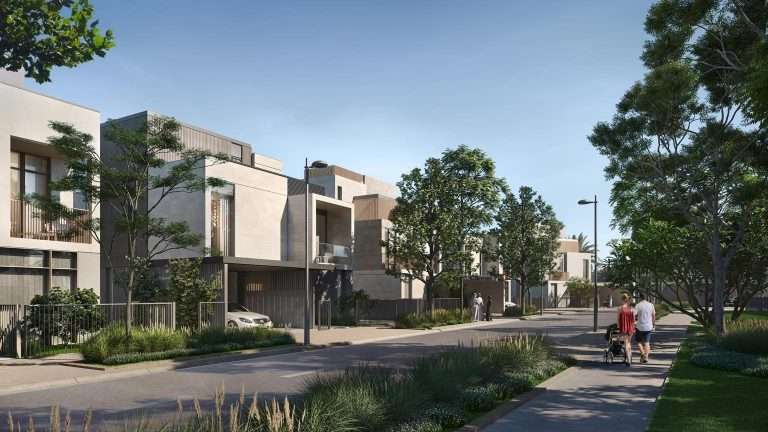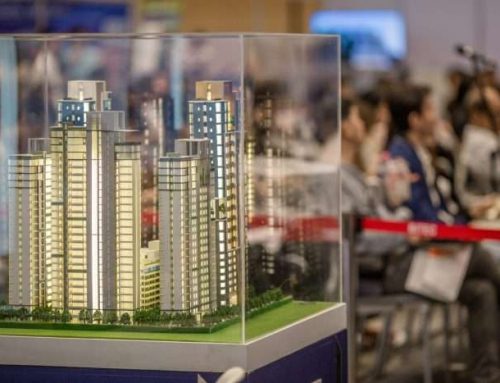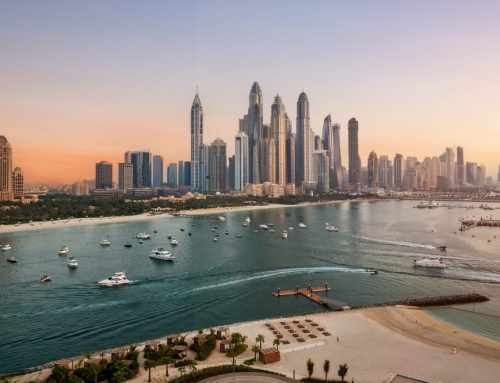Things to Know Before Renting a Property in Dubai

Renting a property in Dubai can be an exciting experience, whether you’re a newcomer to the city or a long-term resident. However, the process can also be complex, with various factors to consider to ensure a smooth and successful rental experience. Here’s what you need to know before renting a property in Dubai.

Understanding the Rental Market
Dubai’s rental market is dynamic, with prices fluctuating based on demand, location, and property type. It’s essential to stay updated on current market trends. Researching average rental prices in different areas can give you an idea of what to expect and help you set a realistic budget.
- Prime Locations: Areas like Downtown Dubai, Dubai Marina, and Palm Jumeirah are known for luxury properties with higher rental rates.
- Affordable Areas: For more budget-friendly options, consider neighborhoods like Jumeirah Village Circle (JVC), Al Barsha, or Dubai Silicon Oasis.

Types of Properties Available
Dubai offers a wide range of rental properties, from apartments and villas to townhouses and studio flats. The type of property you choose will depend on your budget, lifestyle, and personal preferences.
- Apartments: Popular in areas like Dubai Marina, JLT, and Business Bay.
- Villas: Ideal for families, often found in communities like Arabian Ranches, The Springs, and Emirates Hills.
- Townhouses: A middle-ground option, available in communities like Town Square and JVC.
Rental Agreements and Legal Considerations
Dubai has specific regulations governing rental agreements, so it’s crucial to understand your rights and obligations as a tenant.
- Tenancy Contract (Ejari): All rental agreements must be registered with the Ejari system, which ensures transparency and protects the rights of both tenants and landlords. The Ejari registration process is straightforward and can be done online.
- Security Deposit: Typically, a refundable security deposit is required, which is usually 5% of the annual rent for unfurnished properties and 10% for furnished ones.
- Payment Terms: Rent is generally paid through post-dated cheques, with one to four cheques being the most common payment plans. Ensure you understand the payment terms before signing the contract.

Consider Additional Costs
Beyond the monthly rent, there are several additional costs to consider when renting in Dubai:
- Utilities: Tenants are usually responsible for paying utility bills, including electricity, water, and cooling (DEWA and chiller charges). Budget for these additional expenses.
- Maintenance: While landlords typically cover major maintenance, tenants may be responsible for minor repairs. Clarify this in the tenancy contract.
- Agency Fees: If you’re using a real estate agent, be prepared to pay agency fees, typically 5% of the annual rent.

Location and Amenities
Choosing the right location is crucial. Consider proximity to your workplace, schools, and essential services like supermarkets and healthcare facilities. Additionally, think about the amenities offered by the property or community:
- Amenities: Swimming pools, gyms, and parking spaces are common in many buildings and communities.
- Community Features: Gated communities often offer additional features like parks, walking trails, and community centers.
Rights and Responsibilities
Understanding your rights and responsibilities as a tenant in Dubai is essential:
- Rent Increase: Dubai’s Real Estate Regulatory Agency (RERA) has guidelines for rent increases, which are typically capped based on the rental index. Landlords must provide 90 days’ notice before any rent increase.
- Eviction Notice: Landlords must give tenants at least 12 months’ notice if they intend to sell the property or use it for personal use. This notice must be sent via registered mail or notarized.
- Dispute Resolution: In case of any disputes, the Dubai Rental Dispute Settlement Center (RDSC) is the authority to resolve rental conflicts.

Moving-In Process
Once you’ve signed the tenancy contract, there are a few steps to follow before moving in:
- DEWA Registration: Register with the Dubai Electricity and Water Authority (DEWA) to set up your utilities.
- Move-In Permit: Some communities require a move-in permit from the property management before you can start moving your belongings.
- Inspection: Conduct a thorough inspection of the property to document any existing damages and report them to the landlord or property manager.
Renting a property in Dubai involves careful planning and consideration of various factors. By understanding the rental market, familiarizing yourself with the legal requirements, and budgeting for additional costs, you can ensure a smooth and hassle-free renting experience. Whether you’re seeking a luxury apartment in the heart of the city or a family-friendly villa in the suburbs, Dubai offers a diverse range of options to suit every need.





